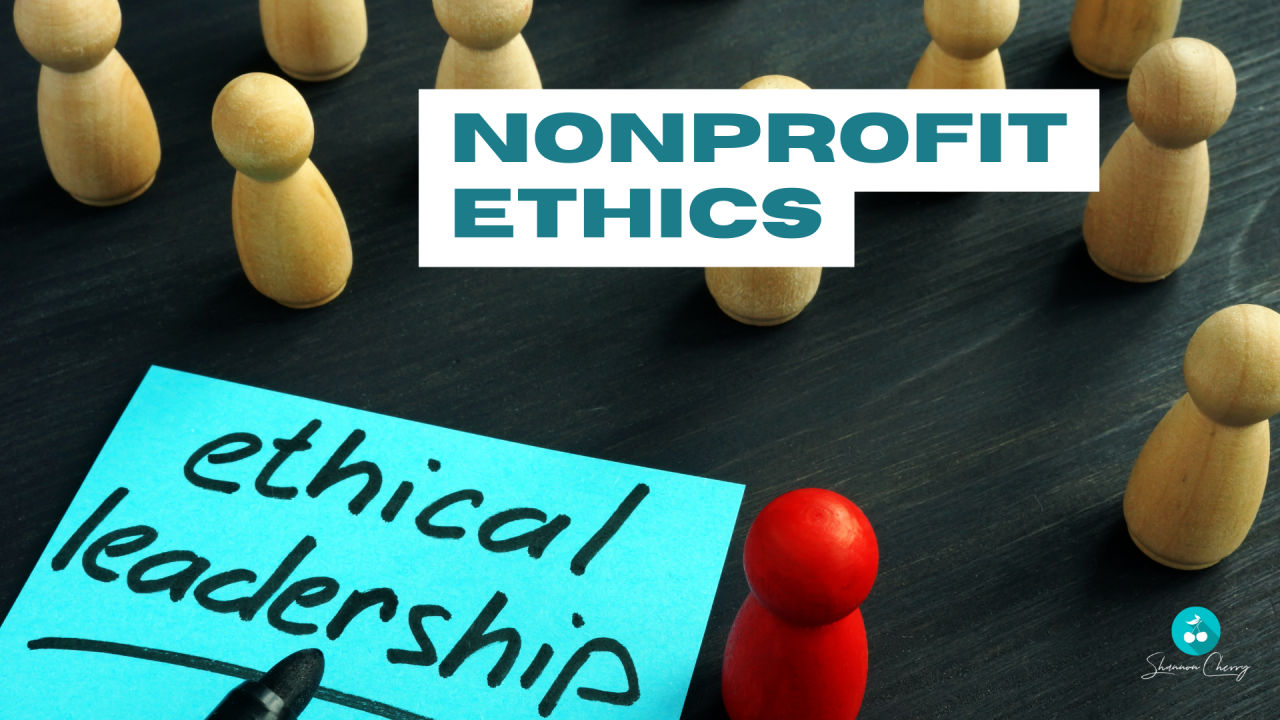In today’s rapidly evolving business landscape, ethical leadership has become more important than ever. Ethical leaders not only drive their organizations towards success but also foster a culture of trust, integrity, and respect. Here’s why ethical leadership is essential for modern businesses and how it can impact various aspects of your organization.
1. Building Trust and Credibility
1.1. Establishing a Strong Reputation
Action: Ethical leaders set a standard of conduct that enhances their organization’s reputation. By consistently making principled decisions, they build trust with clients, customers, and stakeholders.
Benefits: A strong reputation can lead to increased customer loyalty, better partnerships, and a competitive edge in the market.
Example: Companies known for ethical practices, such as Patagonia, have earned trust and loyalty from their customers, contributing to their long-term success.

1.2. Promoting Transparency
Action: Ethical leaders advocate for transparency in business operations. They openly communicate policies, decisions, and performance metrics, which fosters an environment of honesty.
Benefits: Transparency reduces the risk of misunderstandings and conflicts, leading to smoother operations and better stakeholder relationships.
Example: Starbucks has been praised for its transparency in sourcing and corporate social responsibility initiatives, enhancing its public image.
2. Enhancing Employee Morale and Engagement
2.1. Creating a Positive Work Environment
Action: Ethical leadership promotes fairness, respect, and equality within the workplace. By treating employees with integrity, leaders create a supportive and inclusive work environment.
Benefits: High employee morale leads to increased job satisfaction, lower turnover rates, and a more motivated workforce.
Example: Google’s emphasis on ethical leadership and a positive work culture contributes to its high employee satisfaction and retention rates.
2.2. Encouraging Ethical Behavior
Action: Ethical leaders model the behavior they wish to see in their employees. By adhering to high ethical standards, they inspire their team to follow suit.
Benefits: This results in a culture where ethical behavior is the norm, reducing the likelihood of misconduct and unethical practices.
Example: The Body Shop’s commitment to ethical practices has inspired its employees to uphold these values, reinforcing a strong ethical culture.
3. Driving Long-Term Success and Sustainability
3.1. Building Strong Relationships with Stakeholders
Action: Ethical leaders build and maintain positive relationships with various stakeholders, including customers, investors, and the community. These relationships are crucial for long-term success.
Benefits: Strong stakeholder relationships contribute to a stable business environment and support sustainable growth.
Example: Unilever’s focus on ethical leadership and sustainability has strengthened its relationships with stakeholders and contributed to its long-term success.
3.2. Mitigating Risks and Avoiding Legal Issues
Action: Ethical leadership helps organizations navigate complex regulatory environments and avoid legal issues. By adhering to ethical standards, companies reduce the risk of legal disputes and penalties.
Benefits: Proactive risk management leads to fewer legal challenges and financial liabilities, safeguarding the organization’s assets and reputation.
Example: Johnson & Johnson’s commitment to ethical practices in its product safety and marketing has helped it avoid significant legal and regulatory issues.
4. Fostering Innovation and Growth
4.1. Encouraging Ethical Decision-Making
Action: Ethical leaders encourage employees to make decisions that align with the company’s values and ethics. This approach supports innovative thinking while maintaining ethical standards.
Benefits: Ethical decision-making fosters a culture of integrity and creativity, driving innovation and growth.
Example: Tesla’s focus on ethical innovation has led to groundbreaking advancements in electric vehicles and renewable energy.
4.2. Attracting Top Talent
Action: Organizations with strong ethical leadership attract top talent who seek to work for companies with values that align with their own.
Benefits: Attracting and retaining top talent enhances the organization’s capabilities and drives further innovation and success.
Example: Salesforce’s commitment to ethical leadership and social responsibility has attracted top talent and reinforced its position as a leading technology company.
Conclusion
Ethical leadership is not just about making the right decisions; it’s about building a culture of trust, integrity, and respect. By fostering transparency, promoting ethical behavior, and maintaining strong stakeholder relationships, ethical leaders drive long-term success and create a positive impact on their organizations and the wider community. Embracing ethical leadership is a strategic choice that benefits both the organization and its stakeholders, paving the way for sustainable growth and success.

